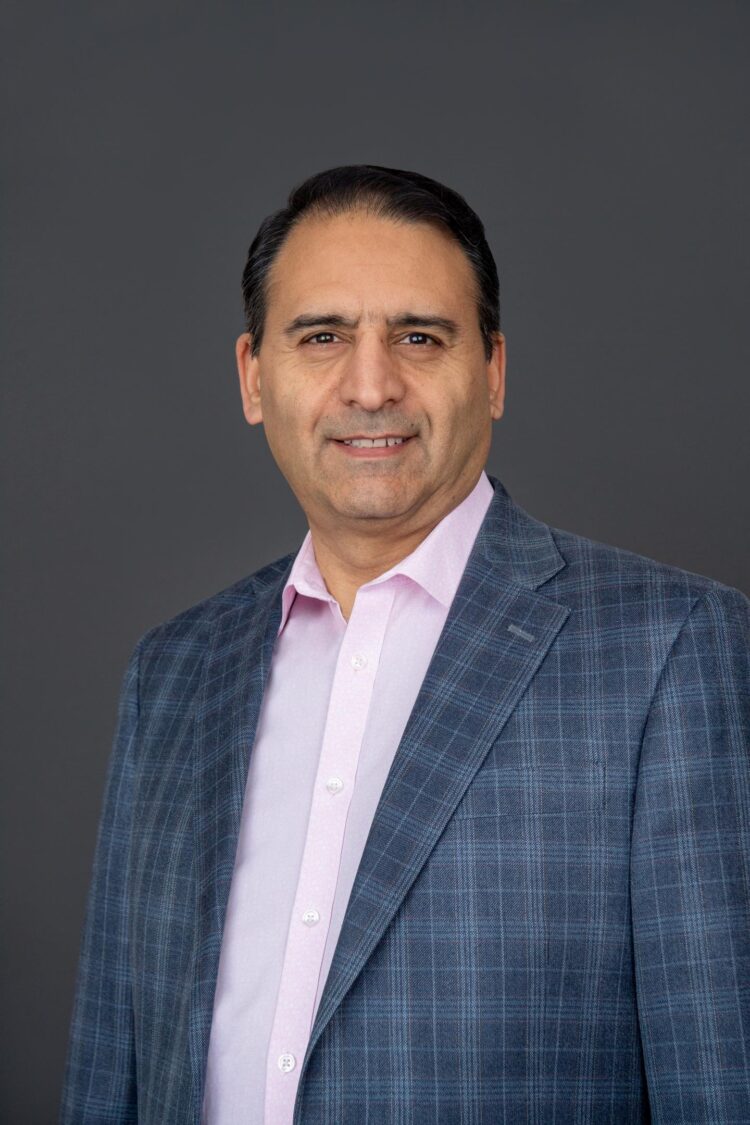(Philadelphia, PA) – Like a blocked water line, obstructions in blood vessels in the human circulatory system can cause serious problems. This is especially the case in superior vena cava syndrome (SVCS), in which oxygen-depleted blood returning from the head, upper chest, and arms is partially or completely prevented from reaching the heart. The result, however, is far more serious than the inconvenience of low water pressure from a clogged pipe – SVCS requires immediate attention.
Each year, some 15,000 people in the United States are affected by SVCS, symptoms of which include facial swelling, difficulty breathing, chest pain, mental confusion, and sometimes coma. A tumor compressing the superior vena cava vessel is the most common cause, but the condition can also result from intravascular devices, such as catheters and pacemakers, that may compress or obstruct the vessel.
Historically, radiation therapy, aimed at killing tumor cells, was the treatment of choice for SVCS. But in recent decades minimally invasive endovascular stenting, in which a tubular support is placed inside the collapsed or obstructed vessel, has become the preferred option of care. Whether it is the best option has been unclear, but now, a new analysis by researchers at the Lewis Katz School of Medicine at Temple University shows that endovascular therapy currently is the safest and most effective treatment for SVCS.
“Endovascular stenting has emerged as a first-line treatment for SVCS,” said Riyaz Bashir, MD, FACC, RVT, Professor of Medicine at the Lewis Katz School of Medicine at Temple University and Director of Vascular and Endovascular Medicine at Temple University Hospital. “But until our recent work, there had been no systematic review carried out to assess the actual success rate of stenting.”
The review by Dr. Bashir and colleagues was published online June 28 in the journal EClinicalMedicine.
The team’s analysis was carried out by first conducting a systematic review of medical literature databases such as PubMed and Cochrane Library. Collaborator Stephanie Clare Roth, MLIS, Biomedical & Research Services Librarian at the Ginsburg Health Sciences Library at Temple University, performed searches targeted specifically at identifying studies on endovascular therapy and SVCS. Dr. Bashir’s team then evaluated the studies for various endpoints of therapy, including success rate, restenosis rate, and SVCS recurrence after stenting.
Statistical analyses indicated that endovascular stenting was successful nearly 99 percent of the time, with relatively low restenosis and recurrence rates. “Our analyses really highlight the success of endovascular therapy for SVCS, showing that it is highly effective, safe, and durable,” Dr. Bashir said.
Dr. Bashir and colleagues plan next to look at the use of endovascular therapy in clinical practice. “We would like to understand more about how SVCS patients in the United States are currently treated,” he said. “Little is known about current clinical practices for SVCS, despite the severity of the condition.”
###
Other researchers who contributed to the study include Abdul Hussain Azizi, Department of Medicine, Lewis Katz School of Medicine at Temple University; Stephanie Clare Roth, Ginsburg Health Sciences Library, Temple University; Maninder Singh and Vladimir Lakhter, Division of Cardiovascular Disease, Lewis Katz School of Medicine at Temple University. Irfan Shafi, Department of Internal Medicine, Wayne State University/Detroit Medical Center, Detroit; Matthew Zhao, Department of Medicine, David Geffen School of Medicine at UCLA, Los Angeles; and Saurav Chatterjee, Division of Cardiology, Department of Medicine, Northshore-LIJ Hospitals of Northwell Health and Zucker School of Medicine, New York.
Media Contact
Jeremy Walter
[email protected]





